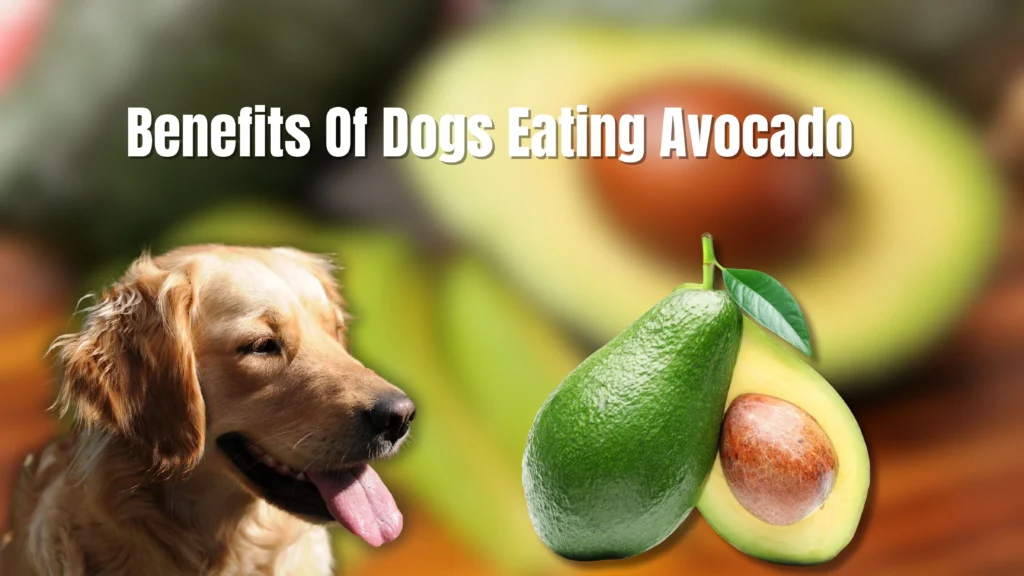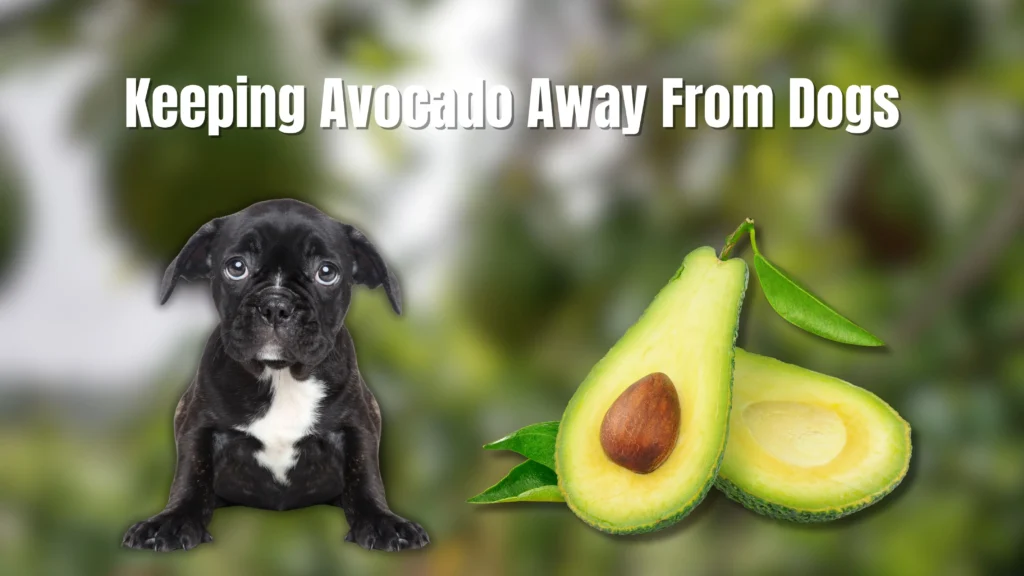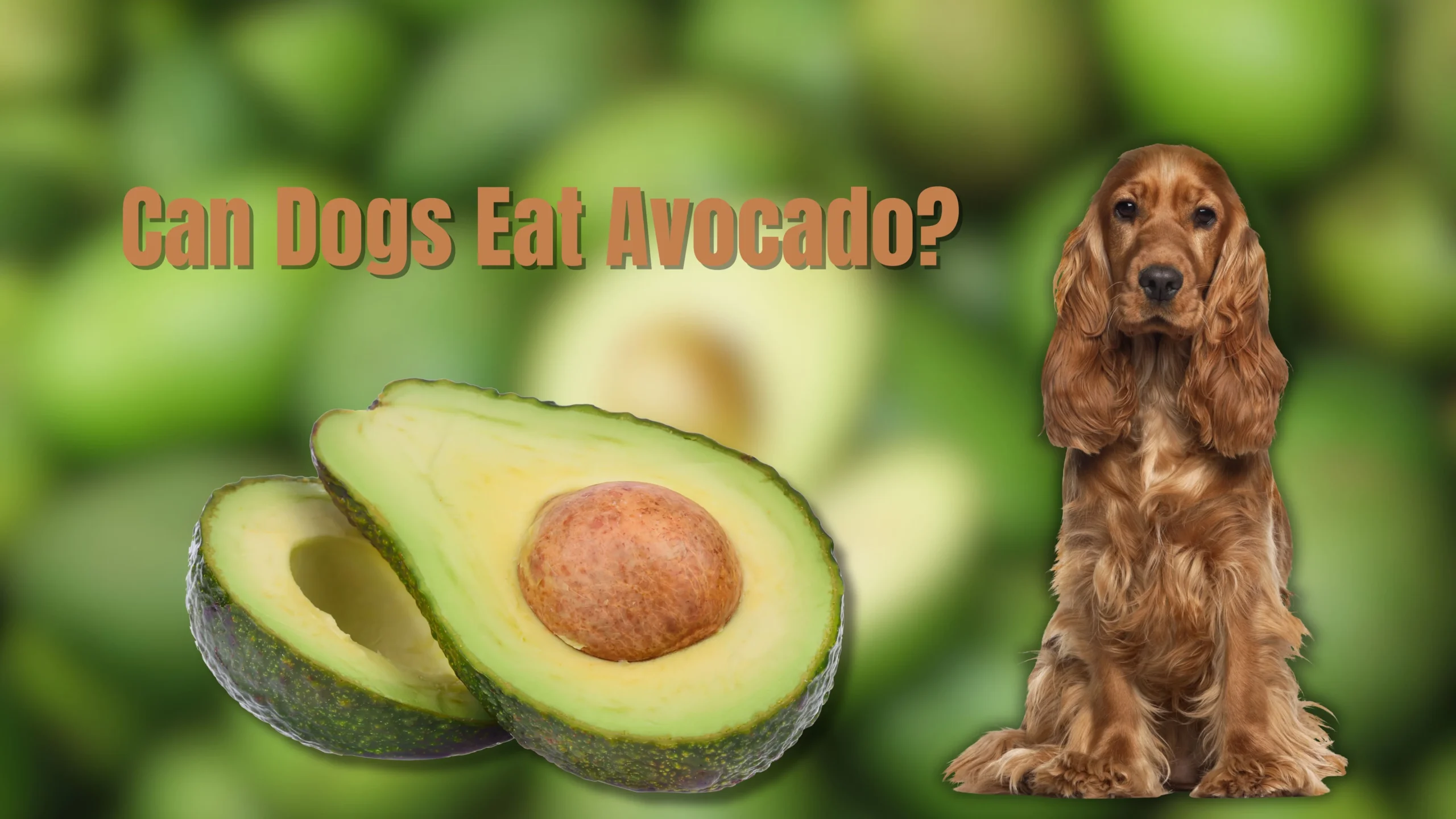Can Dogs Eat Avocado?
Feeding avocados to dogs raises important health concerns. Can Dogs Eat Avocado? While avocados are beneficial for humans, they contain Persin, a toxin that can be harmful to various animals. Although dogs have some resistance to Persin, large quantities can still cause issues such as vomiting and diarrhea, especially since the toxin is more concentrated in the leaves, skin, and pits.
While a small amount of avocado flesh may not be dangerous, pet owners should be cautious and watch for any adverse reactions. Due to the risks of toxicity and choking from the pits, many experts advise against giving avocados to dogs altogether. Choosing safer fruit options can help ensure your dog’s health without the associated risks of avocado consumption.
What If My Dog Eats Avocado?
Feeding dogs avocado comes with several considerations. While small amounts of avocado flesh are unlikely to cause harm, larger quantities can lead to serious health issues, including vomiting, diarrhea, or even pancreatitis due to the fruit’s high fat content. There have been reports of dogs developing heart failure after consuming significant amounts of avocado over time, highlighting the risks associated with excessive intake.
The avocado skin poses a higher risk because it contains more Persin, which can result in gastrointestinal upset even in smaller amounts. If a dog consumes the skin, immediate veterinary consultation is recommended. Additionally, the avocado pit presents a choking hazard and can cause intestinal blockages, requiring prompt veterinary attention if ingested. If your dog does manage to eat any part of an avocado, monitoring for symptoms over the next couple of days is crucial, and any concerning signs should lead to a visit to the vet.

Benefits Of Dogs Eating Avocado
Avocados offer some health benefits, such as vitamins, fatty acids, and antioxidants, but these nutrients can be found in other lower-fat foods that are safer for dogs. If you want your pet to enjoy the advantages of avocado, consider choosing commercial dog foods that incorporate it, like AvoDerm Natural Triple Protein. When given in moderation, avocados can provide essential nutrients like vitamins A, B6, and C, as well as magnesium and fiber.
Vitamin A supports cellular and immune function, while vitamin C helps protect against free radicals and reduce inflammation. Vitamin B6 is vital for several bodily functions, including glucose generation, red blood cell production, and hormone regulation. However, it’s crucial to remember that despite these benefits, avocados also pose risks, including potential pancreatitis.
Pet owners should carefully assess these risks and consult a veterinarian before adding avocados to their dog’s diet. If there are any concerns about dietary options or if a dog shows signs of distress after consuming avocado, reaching out to a veterinary professional, like those at Merrimac Valley Animal Hospital, is advisable for guidance and support.

Keeping Avocado Away From Dogs
If you regularly have avocados at home, it’s essential to inform everyone in your household about the potential dangers of feeding them to pets. Creating a visible list of fruits and vegetables that are safe and unsafe for dogs can help keep everyone on the same page. If your dog is prone to scavenging in the trash, consider investing in a dog-proof garbage can to prevent any accidents.
Instead of avocados, look for alternative dog treats that your pet may enjoy. You can also incorporate avocado themes in a dog bed design or use dog shampoos with avocado oil for its moisturizing benefits. Always store avocados securely in the pantry or refrigerator, and make sure children and guests are aware of which foods are safe for your dog.
How Vets Treat Dogs That Ate Too Much Avocado
If a dog consumes too much avocado and exhibits gastrointestinal distress, treatment typically involves fluids and medications to alleviate discomfort. In more severe cases, a veterinarian may recommend a blood panel and X-rays to check for complications like pancreatitis, which could require hospitalization for IV fluids and injectable medications. Fortunately, such incidents are rare, but if your dog shows signs of an upset stomach after eating avocado, a veterinary visit is advised.
For pet owners looking for safe and natural alternatives to avocados, many delicious options are available that also offer health benefits. Sweet potato treats are nutritious and rich in fiber, while blueberries provide antioxidants. Raw carrots are a crunchy, low-calorie snack that supports dental health, and steamed pumpkin is gentle on the stomach and promotes digestion. Additionally, dehydrated sweet potato doggy crisps are a highly digestible and low-fat energy source that dogs often enjoy.







